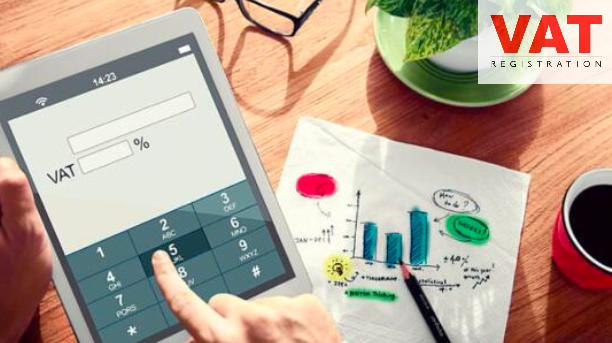In the ever-evolving landscape of the United Arab Emirates, the introduction of Value Added Tax (VAT) on January 1, 2018, marked a significant fiscal shift. VAT, an indirect tax, applies to the supply of goods and services within the UAE, impacting businesses across various sectors. Understanding and adhering to VAT regulations is crucial for businesses to maintain compliance and avoid penalties.
Navigating VAT Categories
VAT in the UAE is categorized into three main groups:
1. Taxable VAT
This category encompasses supplies subject to a 5% VAT.
2. Exempted VAT
Goods and services falling under this category are either not subject to VAT or are exempt from VAT charges.
3. Zero-rated VAT
Goods and services in this category are taxable but at a 0% rate.
Introduction to VAT in the UAE
The UAE, historically reliant on the petroleum industry, recognized the necessity of diversifying revenue sources. VAT implementation aimed to distribute the taxation burden equitably across all economic sectors. The government’s objective with VAT was to sustain the provision of high-quality public services funded by government budgets.
The Federal Tax Authority (FTA) is the regulatory body overseeing VAT in the UAE. Businesses meeting the annual taxable supplies threshold of AED 375,000 are obligated to register for VAT. Additionally, voluntary registration is available for businesses with supplies and imports exceeding the minimum threshold of AED 187,500. Non-compliance with VAT regulations may result in severe fines and penalties.
Requirements for VAT Registration in the UAE
To initiate VAT registration in the UAE, businesses must fulfill several prerequisites:
- Trade License: A valid trade license is essential.
- Identification Documents: Passport and Emirates ID of managers, owners, and senior management are required.
- Legal Documentation: Partnership agreements, articles of association, or certification of incorporation must be provided.
- Bank Account Details: Details of the company’s bank account are necessary.
- Financial Records: Turnover details for the past 12 months, along with expected turnover for the next 30 days, are required.
- Customs Details: Information regarding customs is essential.
- Authorized Signatory Documents: Documentation validating authorized signatories is mandatory.
- Expense Records: Records of expenses subject to VAT for the past 12 months and anticipated expenses for the next 30 days must be provided.
- Supply Evidence: Contracts, invoices, and supporting documents demonstrating supplies made are necessary.
Step-by-Step Guide to VAT Registration in the UAE
Here’s a step-by-step guide to assist businesses in VAT registration:
- Determine VAT Liability: Ascertain if the business meets the minimum taxable supplies threshold, AED 187,500 for voluntary registration, and AED 375,000 for mandatory registration.
- Complete VAT Registration Form: Access and fill out the VAT registration form available on the FTA’s website, providing essential details such as trade license number and details of taxable supplies.
- Submit Registration Form: Submit the completed VAT registration form to the FTA for approval through their e-services portal.
- Receive Registration Certificate: Upon approval, receive the VAT registration certificate, confirming official registration as a VAT taxpayer in the UAE.
- Commence VAT Charging: Start charging VAT on taxable supplies, maintaining accurate records of transactions, and timely submission of VAT returns to avoid penalties.
FAQs
1. What is the minimum taxable supply threshold for VAT registration in the UAE?
The minimum taxable supplies threshold for VAT registration in the UAE is AED 187,500.
2. Who oversees VAT in the UAE?
The Federal Tax Authority (FTA) is responsible for overseeing VAT in the UAE, tasked with administering, collecting, and enforcing federal taxes.
3. What are the requirements for VAT registration in the UAE?
Requirements include a valid trade license, commercial registration certificate, details of taxable supplies for the previous year, a tax registration number (TRN), and information on registered partners/directors.
Navigating VAT registration in the UAE demands meticulous attention to detail and adherence to regulatory requirements. By following the outlined steps and understanding VAT intricacies, businesses can seamlessly integrate VAT compliance into their operations, contributing to the UAE’s economic landscape.
